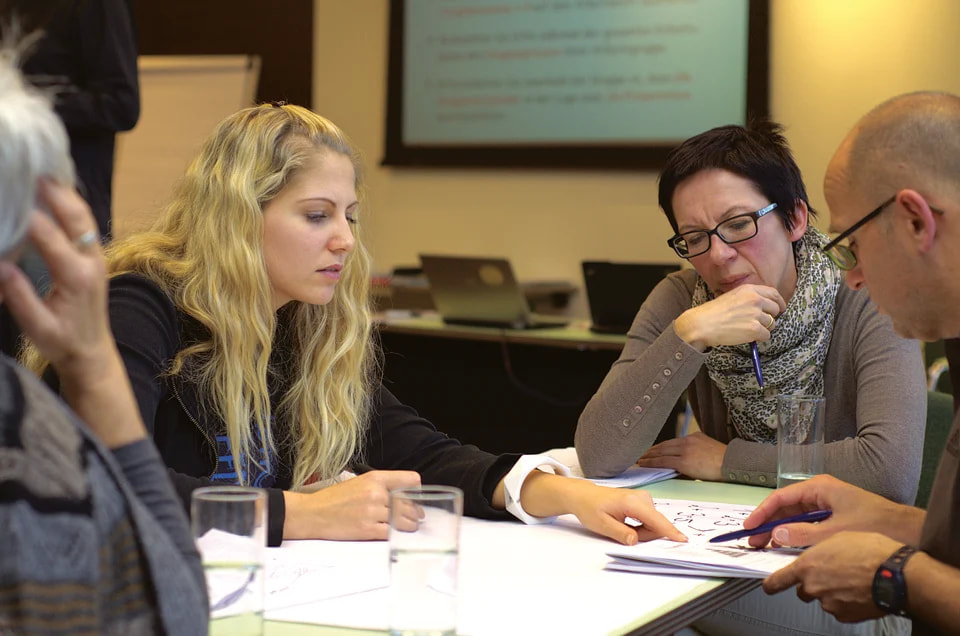|
OK! Before you fall asleep with the thought of two days of risk management training, hear me out!
What are the most exciting things you do in education? It probably has nothing to do with sitting in a classroom and completing worksheets. Each year, that puts countless people to sleep. Education needs to be dynamic, exciting and engaging to equip students with the skills they need for life. However, to run really cool programs like this, we usually have to step outside the school gates and engage with the real world. Only problem is that when we do this, there’s a whole stack of inherent risks with which we’re suddenly confronted. Everything from your usual stack of peanut allergies, to your bus strangely catching on fire, which to be clear was not actually my fault. The randomness and richness of the world outside the school gates is the most amazing place in which to learn, but if we’re not trained and equipped to plan for and manage risks in this environment, then we’re putting ourselves and our students at risk. At this point we have three options: Option 1. Don’t go! It’s all too hard! School’s not about the real world anyway. If you take this option, you probably should have become an accountant or a public servant, perhaps both. Complete risk aversion is pointless and damaging and should be avoided. Option 2. Just do it! Grab your bags, kids and let’s go! If you take this option, which unfortunately, I’ve seen many teachers do, then you’re setting yourself up for some major problems. Anything can and does go wrong in these situations where well-intentioned teachers don’t take the time to plan, prepare for and run their programs carefully. Option 3. Have a structured, well-planned approach for all of your programs which documents the steps you need to take to ensure your group is well managed and the focus is on great experiential education outcomes for students, with robust systems in place for contingencies to support this. For me, the only option when running any excursion, camp, sport or activity is Option 3. However, most schools are operating somewhere in between Option 1, 2 and 3 with many teachers confused about their role and responsibilities when planning and running any programs. Even experienced staff can struggle with this. You must put the time, energy and effort into building a well-formed plan no matter what the activity is. It could be just going down the road to visit the local court. It could be a year level camp, or an overseas trip. Whatever the case is, you need to ensure you’ve planned for normal operations and contingencies if something doesn’t go to plan, which invariably will be the case. One trip I was on, I received a phone call to say that one of the 5th Grade students had been taken to hospital with a fish hook in his arm! I was pretty surprised by this, since there was no fishing on the program, yet here we were with fish hook in the arm, right next to a vein. Risk Management Training prepares you for weird random stuff like this and how to respond quickly and effectively no matter what the context. With a non-delegable duty of care, you also can’t outsource your risk management to another organisation, even if they suggested you can. It just doesn’t work that way. Instead, you and your school are ultimately responsible for the duty of care over your students for any trips you’re on. “But they didn’t tell us that at uni!” I hear you say! True, unis don’t actually equip teachers with most of the skills they need with which to teach, but that’s another matter. At the end of the day, if you’re running any sort of excursion, camp, sport, overseas trip or any other sort of school activity which requires you to produce a risk assessment, you need to be trained in risk management. It’s no good just to copy and paste what the last untrained person produced and put your name to it. That’s a dangerous precedence which will come back to bite you. Risk management training isn’t about putting you to sleep for two days. It’s about giving you clarity and confidence through practical experienced-based training on how to run effective and safe programs. Get in touch with us today to see how you can build this training in to your professional development schedule to ensure you’re running the best programs possible for your students.
0 Comments
Your comment will be posted after it is approved.
Leave a Reply. |
Categories
All
Archives
April 2021
|

 RSS Feed
RSS Feed